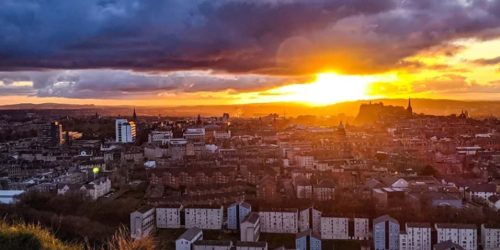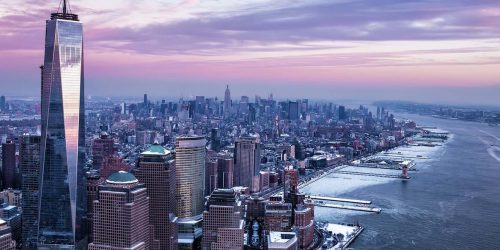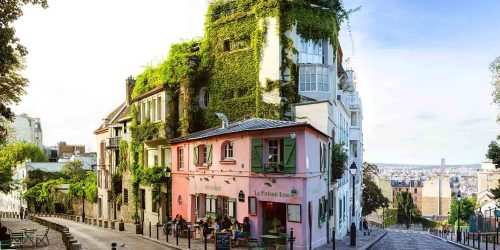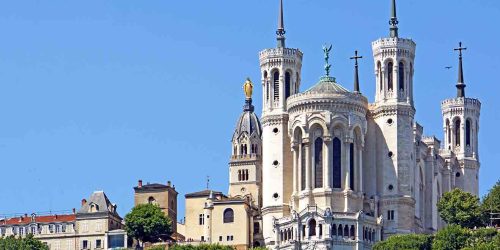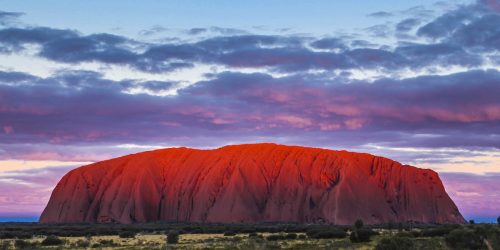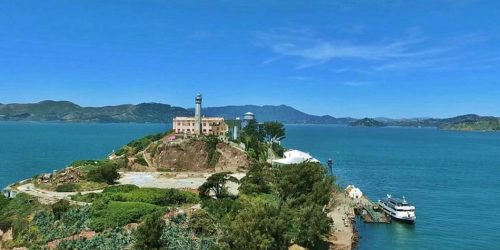Geneva: Exploring the Lakeside Gem of Switzerland
Geneva, a city located at the intersection of the Alps and Lake Geneva, is one of Switzerland’s symbols due to its beautiful lake, enchanting natural landscapes, and rich international background. As Switzerland’s second-largest city, Geneva is not only a hub for international organizations but also attracts thousands of visitors thanks to its rich cultural heritage, historical landmarks, and modern facilities. Next, we will take you through the charm of this “lakeside gem,” exploring its stunning attractions, cultural history, culinary delights, and unique travel experiences.
1. Geography and Historical Background of Geneva
Geneva is situated in the western part of Switzerland, bordering France, and sits at the western end of Lake Geneva. The city’s identity is defined by its water, with the beautiful lake and the towering peaks of the Alps together forming a breathtaking natural landscape. As an important financial, cultural, and international hub, Geneva has a long history, influenced by both French and German cultures.
The history of Geneva dates back to around 120 BC when it was part of the Roman Empire, known as “Civitas Patavium.” Since the Middle Ages, the city became an important trade center, and with the arrival of the Reformation, Geneva became the birthplace of Calvinism, establishing a deep religious history.
In modern times, Geneva has developed into a global international city, hosting the headquarters of the United Nations, the World Health Organization (WHO), and the International Red Cross, which has given the city significant influence in international affairs. Today, Geneva is not only a modern metropolis but also a tourist destination with a wealth of historical and cultural heritage.
2. The Natural Beauty of Geneva
The most striking natural feature of Geneva is undoubtedly Lake Geneva. This lake is one of the largest freshwater lakes in Europe, with crystal-clear waters and surroundings that will leave anyone in awe. Whether it’s taking a boat cruise, strolling along the lakeside, or enjoying water activities, Lake Geneva offers visitors different perspectives of its beauty.
1. Lake Geneva
Lake Geneva’s deep waters and vast surface are surrounded by the Alps and the Jura Mountains, creating a unique natural spectacle. The best way to explore the lake is by boat, offering visitors scenic views of the surrounding landscapes. In the center of the lake stands the famous Jet d’Eau Fountain, which shoots water up to 140 meters high, making it one of the tallest fountains in the world and a landmark of the city.
2. The Alps
The Alps, which border Lake Geneva, create a perfect natural landscape. In winter, the region is a paradise for skiers, while in summer, it’s an ideal destination for hiking, mountaineering, and cycling. For outdoor enthusiasts, the Alps offer a wealth of activities. Standing on the mountaintop and looking down at the entire Lake Geneva and the city below provides an unforgettable visual experience.
3. Iconic Attractions of Geneva
1. Jet d’Eau Fountain
As one of the landmarks of Geneva, the Jet d’Eau Fountain is undoubtedly one of the most recognizable sights in the city. Located on the shores of Lake Geneva, this fountain shoots a water column that rises to 140 meters, making it one of the tallest fountains in the world. Whether viewed up close on the lakeshore or from a distance within the city, the sight of the fountain is breathtaking.
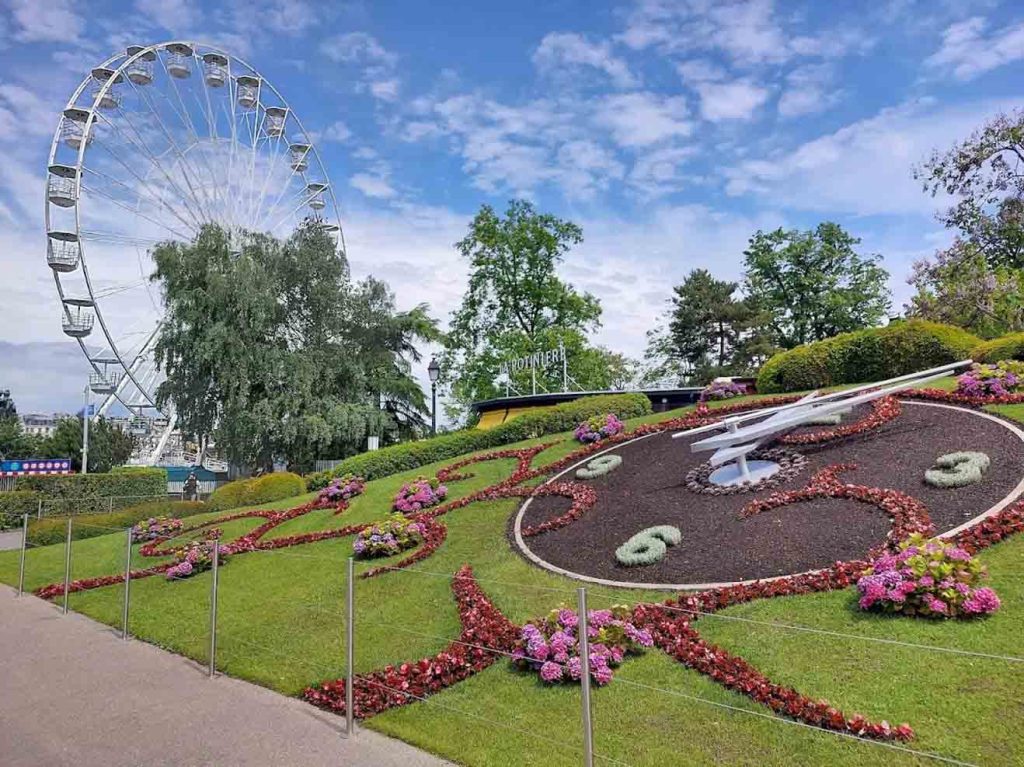
2. United Nations Office at Geneva
Geneva is home to the headquarters of numerous international organizations, with the United Nations Office at Geneva being one of the most famous. Visitors can take guided tours of this crucial center for global diplomacy and international organizations, learning about its history and function while soaking in the international atmosphere. The Broken Chair sculpture outside the UN building is also a must-see, symbolizing a tribute to the victims of war.
3. Old Town of Geneva (Vieille Ville)
The Old Town is the oldest part of Geneva, with narrow winding streets, cobblestone paths, ancient buildings, and charming alleys that transport visitors back in time. St. Pierre Cathedral, located in the heart of the Old Town, offers a tower with an incredible panoramic view of the city. Nearby, the Museum of Art and History and the History Museum showcase the city’s rich history and culture.
4. Jardin Anglais (English Garden)
Situated on the western shore of Lake Geneva, the English Garden is an elegant park full of greenery and blooming flowers. It is home to the famous L’Horloge Fleurie (Flower Clock), a timepiece made entirely of hundreds of flowers and a symbol of Geneva. Visitors can enjoy a relaxing stroll here, taking in the beautiful lakeside scenery.
4. Culinary Delights of Geneva
Geneva is not only a gathering place for culture and history but also a paradise for food lovers. Swiss cuisine is diverse, and in addition to traditional Swiss cheese and chocolate, Geneva, as an international city, offers a rich variety of delicious dishes from around the world.
1. Swiss Cheese Fondue
Swiss cheese fondue is one of Switzerland’s most iconic dishes. Restaurants in Geneva serve fondue made from local Swiss cheeses, offering a rich, creamy flavor paired with bread or vegetables. During cold winter days, gathering around a fondue pot with friends and family to enjoy this traditional Swiss dish is a delightful experience.
2. Swiss Chocolate
Switzerland is renowned worldwide for its chocolate, and Geneva boasts a variety of chocolate shops. Visitors can indulge in a range of chocolates, from classic Swiss dark chocolate to unique handcrafted varieties, making it an experience not to be missed.
5. Shopping in Geneva
As an international city, Geneva offers a wide range of shopping opportunities. From luxury brand shopping to markets offering local specialties, there is something for every shopper. Visitors can explore the Meyrin Shopping Center, one of the largest shopping malls in Switzerland, for global brands, or browse the smaller stores in the city for Swiss souvenirs such as watches, chocolate, and cheese.
6. Culture and Art in Geneva
Geneva is a city rich in culture and art, with numerous museums, galleries, and concert halls. The cultural events in Geneva are varied, including symphonic concerts, operas, dance performances, and film screenings. Art enthusiasts should visit the Museum of Art and History, which houses a rich collection of artworks spanning ancient to modern periods.
7. Planning Your Trip to Geneva
1. Best Time to Visit
Geneva has four distinct seasons, with warm summers and cold winters. If you enjoy warmer weather, the best time to visit is in the summer. The pleasant temperatures make it ideal for boat cruises on the lake, hiking, and outdoor activities. Winter is perfect for skiing and winter sports, so if you’re into these activities, visiting Geneva during the winter months is highly recommended.
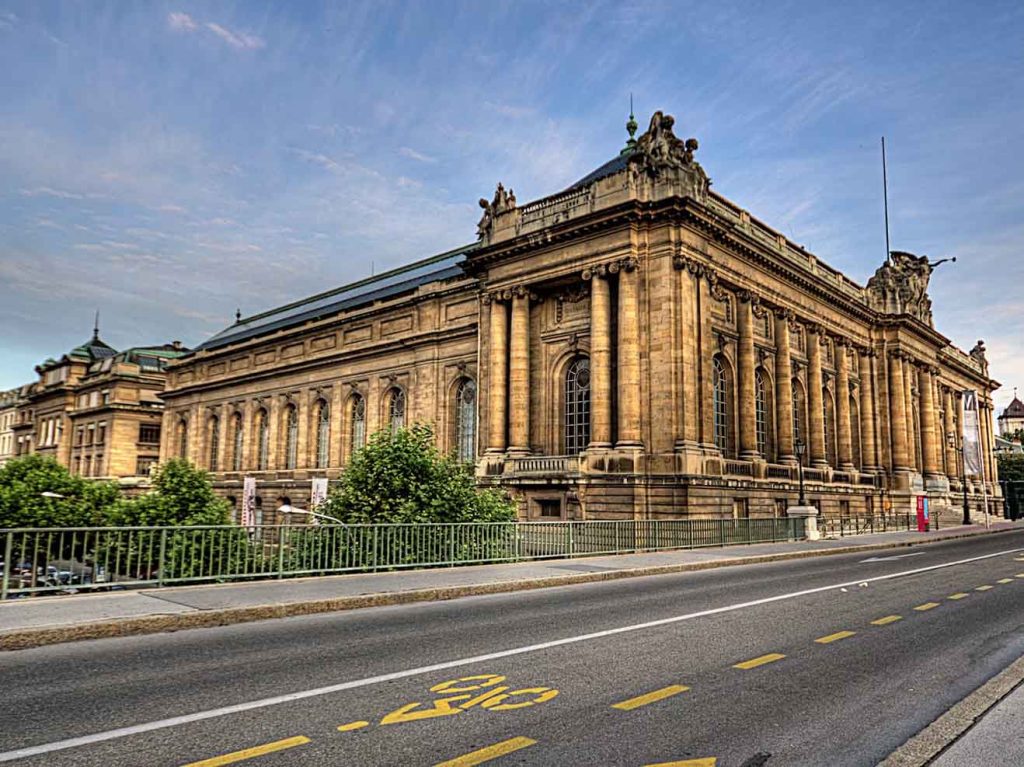
2. Accommodation Recommendations
Geneva offers various types of accommodation, from luxurious hotels to comfortable budget options. Visitors can choose to stay in high-end hotels along the lakeshore, enjoying stunning views of Lake Geneva, or opt for budget-friendly options in the city center for easy access to major attractions.
8. Travel Tips
1. Language
The official language spoken in Geneva is French, reflecting the city’s cultural and historical ties with the French-speaking region of Switzerland. However, due to Geneva’s international nature, English is widely spoken, especially in hotels, restaurants, and tourist areas. Many locals and service industry professionals are also fluent in German, Italian, or Spanish, making communication relatively easy for visitors. That said, learning a few essential French phrases such as “Bonjour” (Hello), “Merci” (Thank you), “S’il vous plaît” (Please), and “Parlez-vous anglais?” (Do you speak English?) can go a long way in making your interactions smoother and more pleasant. A little effort to speak the local language is always appreciated and can help foster a warmer connection with residents.
2. Currency
The official currency in Geneva is the Swiss Franc (CHF). While major credit cards like Visa, Mastercard, and American Express are widely accepted in restaurants, hotels, and shops, it is still advisable to carry some cash for smaller purchases, such as buying snacks at local markets or paying for public restrooms. Some businesses, especially those near the French border, may accept euros, but the exchange rate is usually unfavorable. ATMs are easily accessible throughout the city, and currency exchange services are available at banks, airports, and exchange offices. Mobile payment options like Apple Pay and Google Pay are also becoming more popular, making transactions even more convenient for travelers.
3.Transportation
Geneva boasts a highly efficient and well-connected public transportation system, including buses, trams, and trains, making it easy for visitors to explore the city and its surroundings. Upon arrival, many tourists can take advantage of the Geneva Transport Card, which is provided for free to guests staying at hotels, youth hostels, or campgrounds. This card grants unlimited access to public transport, including boats crossing Lake Geneva, for the duration of your stay. Additionally, the city’s compact size makes it very walkable, and renting a bicycle is another great way to discover Geneva at a leisurely pace. For those traveling beyond the city, the Swiss railway system (SBB) offers convenient connections to other major Swiss destinations, including Lausanne, Montreux, and Zurich.
Geneva, located in the western part of Switzerland, is an international city that blends beautiful natural landscapes, rich historical culture, and modern urban atmosphere. Whether it’s admiring the magnificent scenery of Lake Geneva, visiting the United Nations headquarters, or indulging in delicious Swiss cuisine and shopping, Geneva offers a unique experience for every visitor. Are you ready to embark on a journey to explore this lakeside gem?
